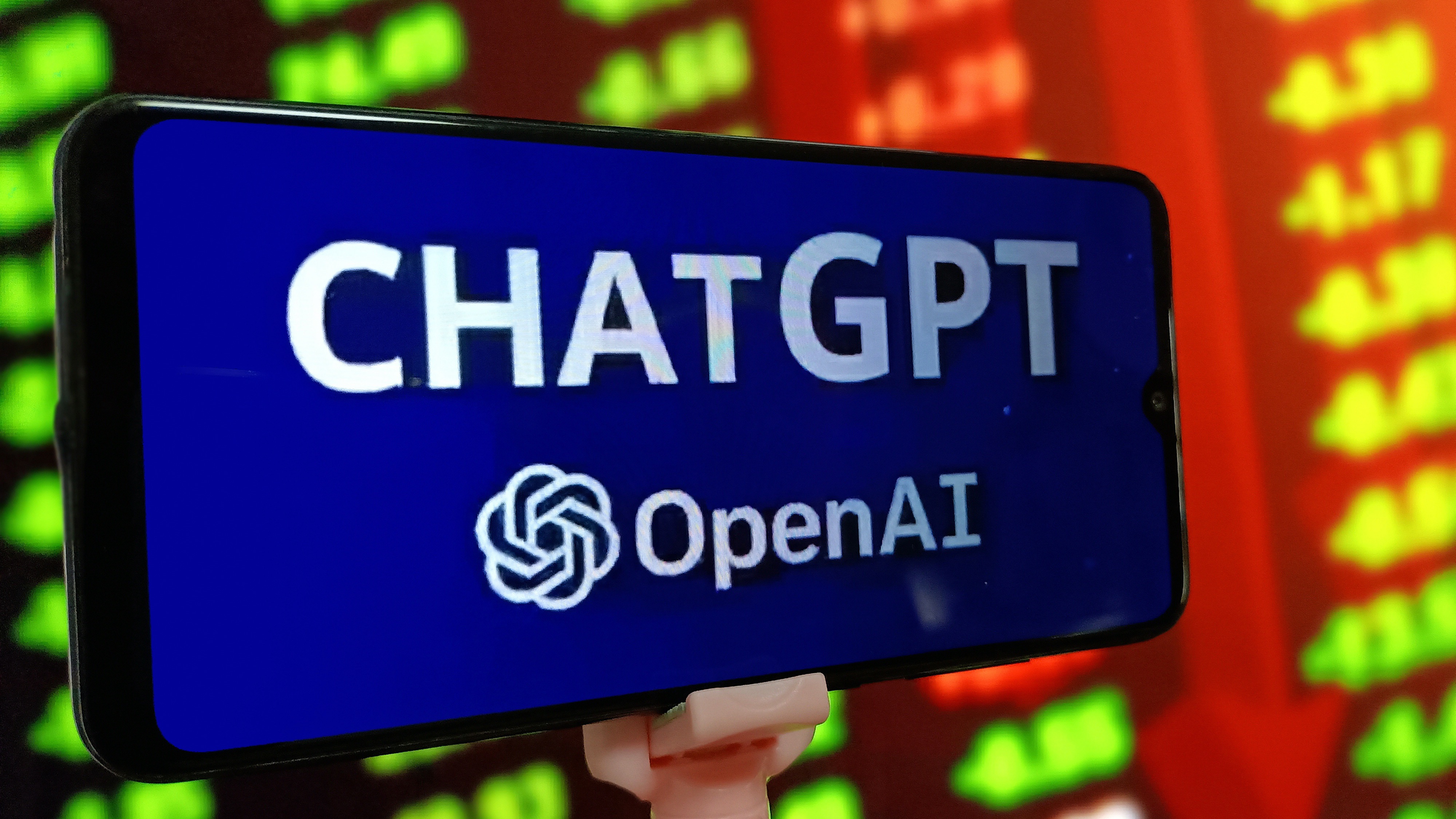How ChatGPT has already found its way into business
Members of the ITPro Network are already discovering real-world uses for ChatGPT


Sign up today and you will receive a free copy of our Future Focus 2025 report - the leading guidance on AI, cybersecurity and other IT challenges as per 700+ senior executives
You are now subscribed
Your newsletter sign-up was successful
How useful will ChatGPT be to business? As OpenAI’s generative artificial intelligence (AI) tool has taken the world by storm since its launch in November 2022 it’s a question that’s been asked on social networks, in opinion columns, and even in an upcoming episode of the ITPro Podcast. More broadly, is it a flash in the pan or something that’s actually here to stay?
While cynics among us may be tempted to label the excitement around ChatGPT as “hype”, perhaps we shouldn’t be so quick to pass judgement. According to IT decision makers in the ITPro Network, not only does it have the potential to be useful in business, it’s already being used.
Working smarter
“I've used it already – generating Powershell scripts and pernickety Excel formulae. It saved me so much time,” says Mark Evans, IT director at Tillia Homes. “ChatGPT has allowed me to ‘work smarter, not harder’.”
Chris Stanley, VP of network operations at Loopup, has had a similar experience.
“PowerShell scripting using ChatGPT has helped my teams reclaim a lot of time, definitely working 'smarter' just from this one example, it's also great to use for policies,” he says.
David Cartwright, CISO at Santander International, has found it so useful he has signed up to OpenAI’s ChatGPT Plus subscription service.
“It's a genuinely useful thing,” Cartwright says. “I use it for a variety of things - including writing job descriptions. Generally speaking one can give it info about a role and say ‘write me a job description’, then hack a few bits out and publish.”
Sign up today and you will receive a free copy of our Future Focus 2025 report - the leading guidance on AI, cybersecurity and other IT challenges as per 700+ senior executives
No such thing as infallible
One of the known problems with generative AI is what’s known as “hallucinations”. This is when the software gives confident answers to whatever question it’s asked, but those answers are actually incorrect.
For example, when ITPro asked for a history of Oxford, ChatGPT confidently stated that the neighbourhoods of Cowley and Rose Hill were heavily bombed during World War II with “many homes and buildings destroyed”, whereas in fact no bombs landed in Oxford at all.
This issue is potentially present in all ChatGPT answers, requiring any outputs to be double checked by a knowledgeable human.
Graeme McDermott, CDO at Tempcover, says that while he sees many real-world use cases for ChatGPT, it’s important users understand its limitations.
While he was “amazed how many people volunteered use cases such as Marketing SEO content generation” during a company all hands, he’s been careful to dispel some of the awe experienced by first-time users.
“We had to educate early adopters about how it worked – for example the training dataset – and why you may not get the right answer, and knowing how to phrase the right question was so important,” he says.
“We also had to broadcast some rules quickly, like don't put customer or commercial data in there!” he adds.
This isn’t an unfounded concern, either. In early April 2023, it was discovered that workers at Samsung had accidentally leaked meeting notes and source code by putting them into ChatGPT – effectively handing the information over to OpenAI.
You can’t hold back progress
It seems that among members of the ITPro Network education is seen as the remedy to pitfalls such as ‘hallucinations’ and data breaches, rather than trying to ban the technology outright.
RELATED RESOURCE

Effectively manage and report on risk and compliance
“We're already seeing high rates of adoption for tools like ChatGPT across Moonpig and every day more use cases are found to make us more efficient,” says Peter Donlon, the company’s chief product and technology officer.
“It became clear very quickly there was no value in trying to block or police usage, any time spent understanding the challenges would quickly be superseded by the pace of development of the tools. Instead, educating on the risks and the right ways to use these tools has been key.”
In businesses at large, however, things are less clear-cut.
Paul Watts, distinguished analyst at the Information Security Forum, says: “Our membership sees it as both a blessing and a potential curse. On the one hand, their businesses are scrambling to find a question for the answer to use, and on the other hand they are trying to understand the potential threat, risk and consequences of letting the technology roam free around their businesses.
“Some have taken the 'don't use it until we understand it' approach (which just drives its use underground), others have embraced it and will let it find its own way, others have built teams to run alongside it so they can strike a decent balance between risk and reward.”
“It does feel like we've essentially given a child a power tool though,” he adds.
With generative AI such as ChatGPT currently raising at least as many questions as it provides answers, finding a way to safely and usefully implement it in business is still a challenge. Nevertheless, from the experience of the ITPro Panel so far and wider business trends, it seems clear that this technology will be highly influential in the years to come.

Jane McCallion is Managing Editor of ITPro and ChannelPro, specializing in data centers, enterprise IT infrastructure, and cybersecurity. Before becoming Managing Editor, she held the role of Deputy Editor and, prior to that, Features Editor, managing a pool of freelance and internal writers, while continuing to specialize in enterprise IT infrastructure, and business strategy.
Prior to joining ITPro, Jane was a freelance business journalist writing as both Jane McCallion and Jane Bordenave for titles such as European CEO, World Finance, and Business Excellence Magazine.
-
 Channel your innovation: Why IT partnerships are essential for the future of retail
Channel your innovation: Why IT partnerships are essential for the future of retailIndustry Insights A shared understanding and commitment to overcoming hurdles is key
-
 Pulsant unveils high-density data center in Milton Keynes
Pulsant unveils high-density data center in Milton KeynesNews The company is touting ultra-low latency, international connectivity, and UK sovereign compute power to tempt customers out of London